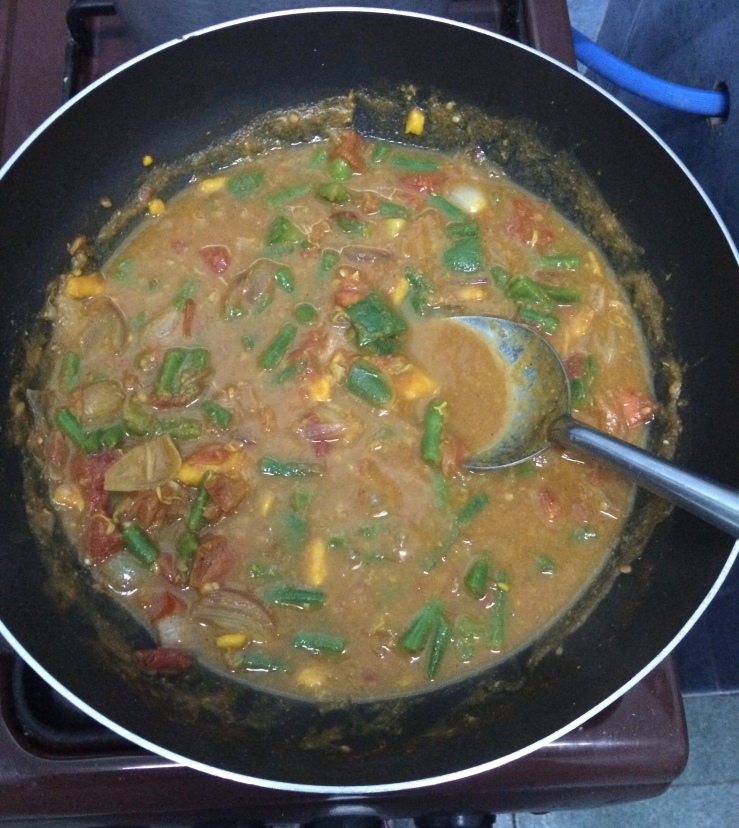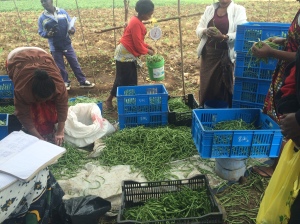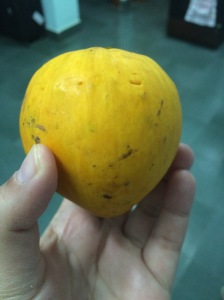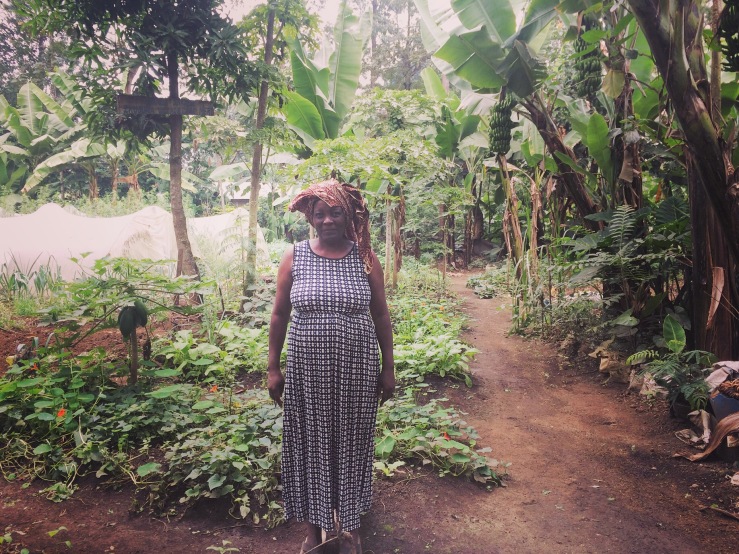Today I had a marvelous day. I spent hours at a farm in Tengeru, Arusha, which is fast proving to be my favorite farming area in Arusha. The farmer I was interviewing for work, was generous — he gave us fresh tomatoes, green peppers, and green beans plucked straight from the ground (talk about farm-to-table!)
Tanzania is full of local vendors (mostly women) who carry baskets of fresh fruits and vegetables around. They walk into our office and drop their goods on the reception table. Sometimes we sample the ones we haven’t heard of, sometimes people buy what vegetables they need for dinner. But most often, the scent of fresh oranges or something more exotic wafts in the back, and the entire staff is waiting to buy something. This is how I happened upon Zaitoon, a giant local variety of olives, which are orange in color, and have a sweet taste. Their texture is slightly oily and sticky, but boy do they taste delicious.
A more in depth investigation of the olive led to me discovering that it was too sticky and oily to eat as is (an evening snack?). I decided to put it to use with the other fresh produce I had scored today, and proceeded to construct a curry with onions, garlic, ginger, tomatoes, green peppers, green beans and chillies (the amazing local variety, pili pili ho ho).
Initially I envisioned the olive to melt along with the tomatoes — but this didn’t happen. The olive pieces were chunky in the curry. With the sweetness of the olive, the crunchy beans, and the spicy kick of the chilies, the curry turned out a nice combination. An addition to the curry, was Tanzanian Pilau Masala, an Indian-inspired spice mix used commonly in Tanzanian homes.

Served with:
- Local Tanzanian white rice: it is thick, sticky, and immensely fragrant.
- Banana Chips: crushed, and added on top of the rice and curry.











